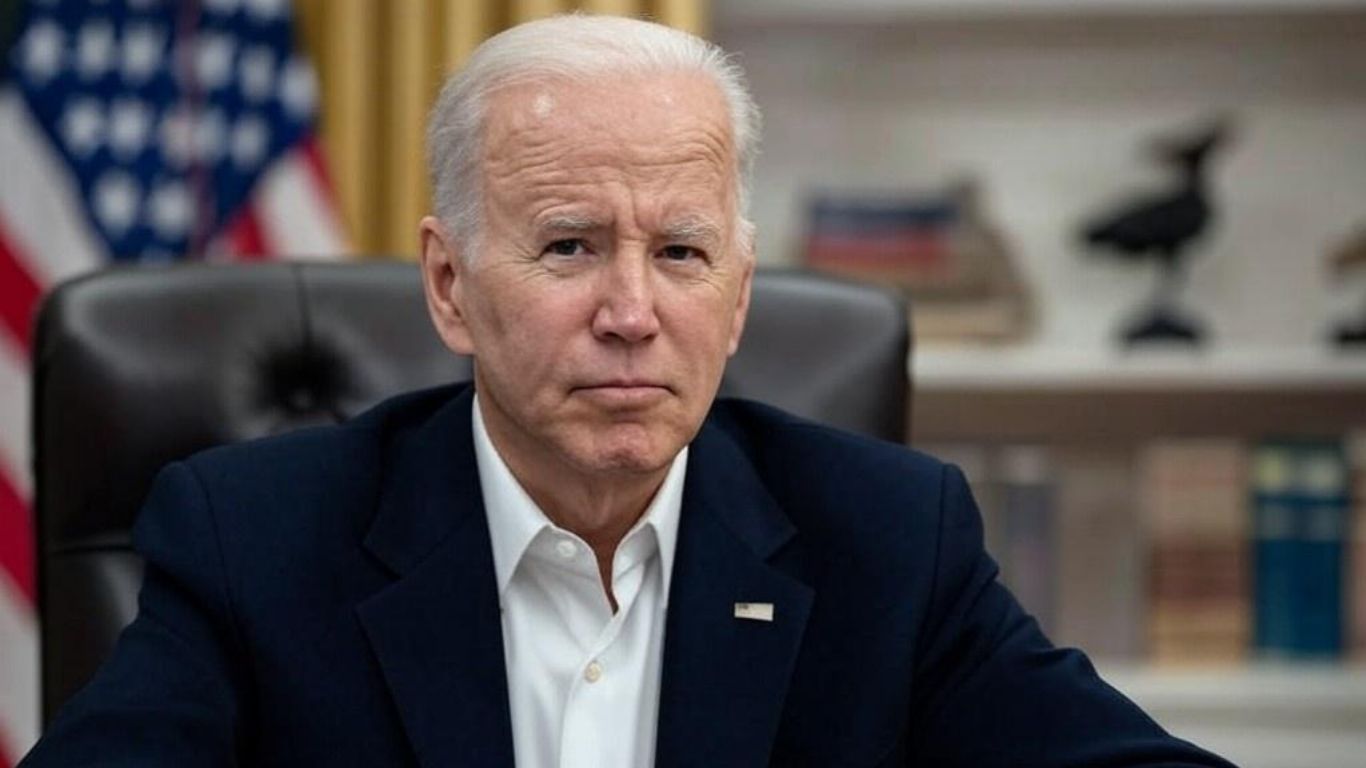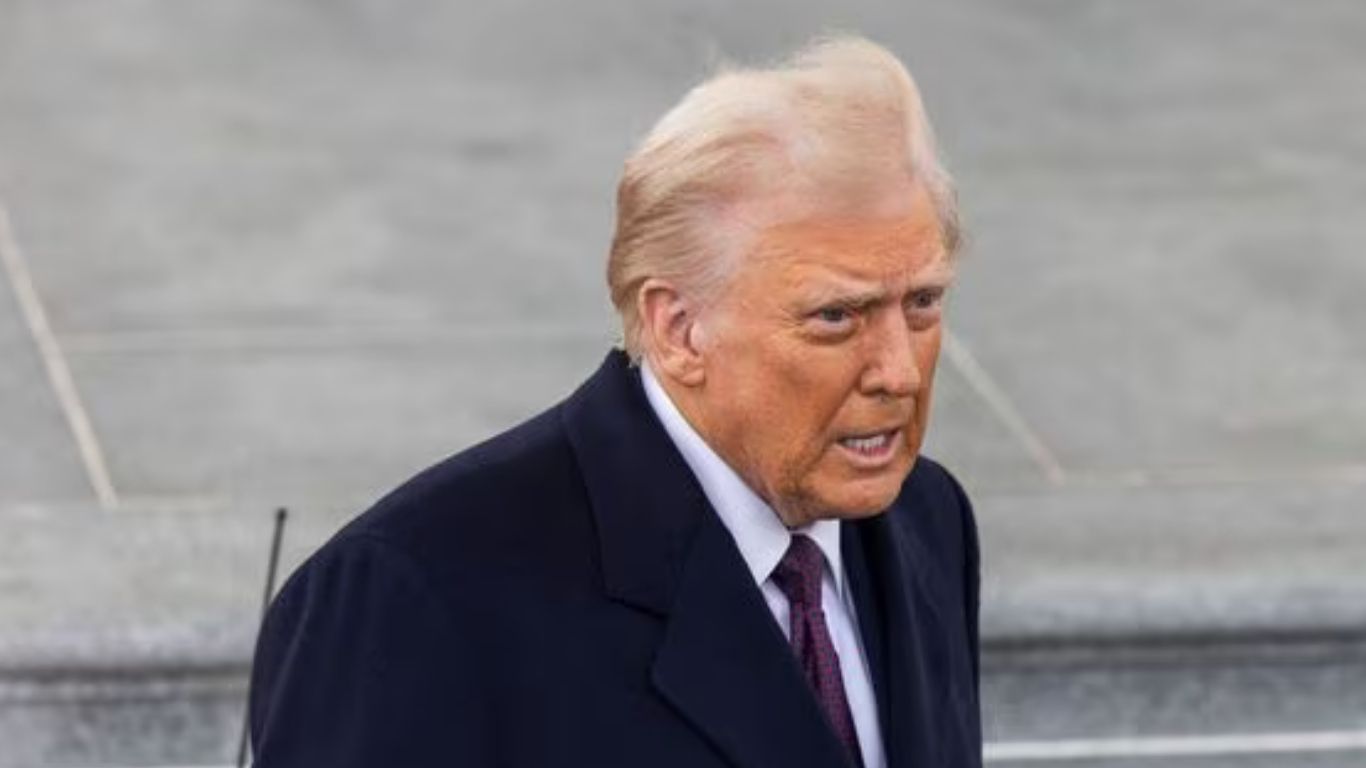In a significant and controversial move, President Joe Biden announced on Friday his decision to block the $14 billion acquisition of U.S. Steel by Nippon Steel, a Japanese company. Citing national security concerns, the president emphasized the importance of keeping the iconic Pennsylvania-based steel producer under domestic ownership.
National Security Takes Precedence
U.S. Steel, a symbol of American industrial strength whose materials have been integral to the construction of national landmarks, became the center of a political and economic debate. President Biden stated:
“It is my solemn responsibility as president to ensure that, now and long into the future, America has a strong domestically owned and operated steel industry that can continue to power our national sources of strength at home and abroad.”
The president’s decision highlights concerns that foreign ownership of U.S. Steel could compromise the nation’s critical supply chains and diminish domestic steel production capabilities.
Implications of the Decision
The blocking of this acquisition represents a rare and forceful use of executive authority, particularly by a president nearing the end of his term. This decision:
- Economic Impact: Could deter future foreign investments in sensitive American industries, particularly in politically significant states like Pennsylvania.
- U.S.-Japan Relations: May strain ties with Japan, a key ally and significant source of foreign investment in the United States.
- Legal Challenges: Nippon Steel has indicated its willingness to pursue legal action to challenge the decision.
CFIUS Concerns
The Committee on Foreign Investment in the United States (CFIUS), a federal body that reviews foreign transactions for national security risks, played a pivotal role in this decision. While CFIUS did not issue a formal recommendation, it expressed concerns that Nippon Steel’s global business interests could potentially undermine its commitments to U.S. Steel.
CFIUS officials suggested the acquisition could lead to a decline in American steel production, posing a long-term threat to the nation’s industrial and defense infrastructure.
Election-Year Politics
With Pennsylvania being a critical swing state, the decision to block the deal carries undeniable political undertones. It reflects an effort to safeguard key American industries and address voter concerns about foreign ownership of vital resources.
Future Repercussions
This decision sets a precedent for how foreign investments in U.S. industries might be scrutinized under the lens of national security. While it reinforces the importance of safeguarding critical industries, it could also create uncertainty among international investors.
Potential Legal Battle
Nippon Steel has signaled its readiness to challenge the decision in court, arguing that the rejection of the deal could have been influenced more by political considerations than by legitimate security risks.
President Biden’s move to block the Nippon Steel acquisition of U.S. Steel underscores the administration’s commitment to prioritizing national security and domestic industrial strength. However, it also raises questions about the future of foreign investment in America’s critical industries and the potential geopolitical fallout of such decisions.
As this story unfolds, it remains to be seen how the courts, foreign investors, and the broader political landscape will respond to this landmark decision.















